Language, Culture, Travel, and Academics
Through CASAS’ study abroad program, students have a broad array of learning opportunities. During their experience, they can visit Mayan archeological sites, colorful markets, and engage with Guatemalan families while learning Spanish. Students also explore Central American art, history, economics, environmental, political, religious, cultural or social issues. They may also choose to expand their learning experience by volunteering at partner organizations.
CASAS is distinguished by its flexibility to meet the needs of higher education institutions, gap students, sabbatical participants, individual adult learners, and families. Credit and non-credit programs can be customized for both content and length of stay.
College Credit
CASAS partners with many North American colleges, universities, and seminaries. We work with students and higher education institutions to secure academic credit, through the partnering institution, for language studies and academic classes. Programs can be customized to include both CASAS and client institution content.
Non-Credit Certification
For students not seeking academic credit, CASAS also provides a Certificate of Completion, recognizing program participation. Additionally, we administer Spanish proficiency tests to verify the Spanish language level at the end of the program and can provide that to students to share with their school or employer.
CASAS Study Abroad Program
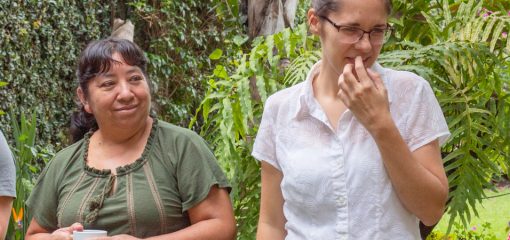
Spanish Immersion
In this program, students typically study Spanish from 8:30 a.m. to 12:30 p.m. Class sizes are 1-3 persons per instructor.
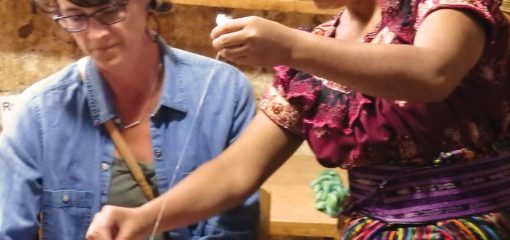
Homestay Program
Students typically live with and learn from a local Guatemalan family, while gaining the opportunity to utilize Spanish in a natural, everyday setting.
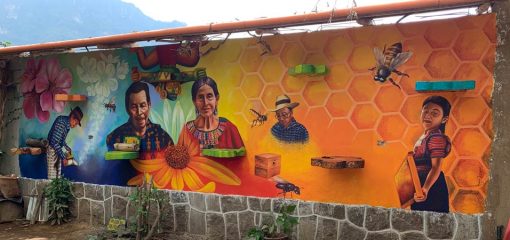
Trips and Activities
Other learning activities include lectures with experts on a variety of topics, visits to organizations, as well as trips outside the city during weekends.
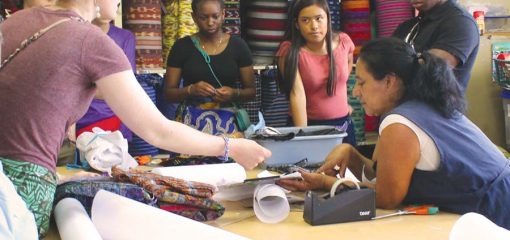
Volunteer Service
As part of a study abroad term, we can match students with an organization with which to volunteer. Typical options include schools, clinics, women’s cooperatives, small-scale farms, and organizations that address issues of migration, environmental sustainability, and human rights.
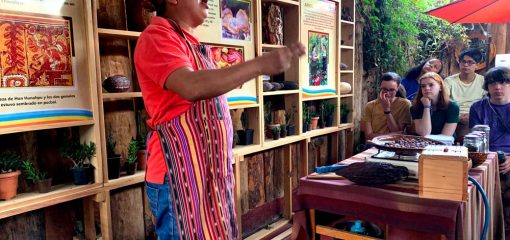
Academics
SEMILLA designs programs to fit students' interests and needs. Over the decades, we have developed a network of field experts who can provide education on a variety of topics. These include History and Culture, Arts in Guatemala, Social and Political Issues, Religious Expressions, Indigenous Peoples of Guatemala, Environmental Issues, or other Customized Classes. We routinely offer the CASAS college-level courses: Global Issues and Violence, Peace, and Justice which can be taken for credit (3 credits each).

